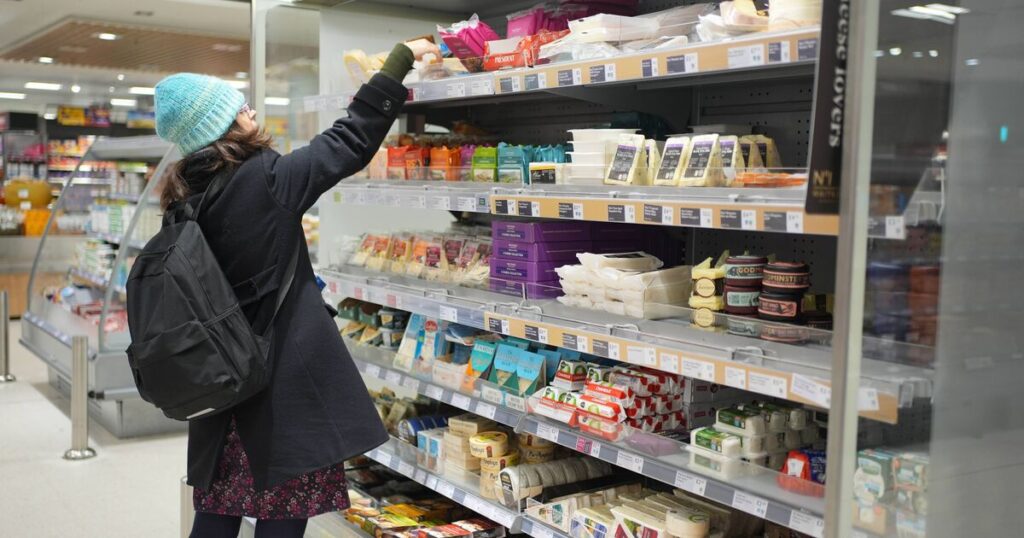
New property tax changes aimed at « levelling the tax playing field » between high street and online retailers are set to hit physical stores, including supermarkets and department stores, the hardest, according to new analysis.
Research conducted by global tax services firm Ryan found that the alterations to business rates, due to come into effect next year, will burden thousands of brick-and-mortar shops with significant bill increases. Industry experts have voiced concerns that this « policy risks penalising the very businesses that anchor the high street ». From April 2026, the Treasury plans to introduce a new business rates surcharge of up to 10p on properties with a rateable value (RV) of £500,000 or more.
The Government has previously stated that this surcharge is intended to permanently fund reduced levels of commercial property tax for smaller retail, leisure, and hospitality premises.
The measures, announced in Chancellor Rachel Reeves’s previous Autumn Budget, were designed « to level the playing field for the high street », according to the Government.
However, an analysis of official Government data by Ryan suggests that retail, leisure and hospitality businesses could face up to £482million a year in additional business rates on their physical premises alone.
The data indicates that warehouses and distribution operators will face a smaller impact, with an estimated increase of about £262million.
Nearly three times as many retail, hospitality and leisure properties – 4,353 – could be affected compared to 1,589 large distribution warehouses.
The research showed that over 1,803 major supermarkets would face rate hikes.
Additionally, approximately 650 UK hospitality enterprises would face increases totalling around £75million, whilst 429 leisure establishments would see rises of up to £48.5 million.
Alex Probyn, practice leader for property tax at Ryan, said: « The bluntness of this policy is stark.
« Only 129 properties are pure online retailers, yet thousands of supermarkets, department stores and out-of-town chains – plus the HQs and distribution centres that support them – will be dragged into this new tax.
« Instead of targeting the online operators it was designed to address, the policy risks penalising the very businesses that anchor the high street and provide mass employment. »
